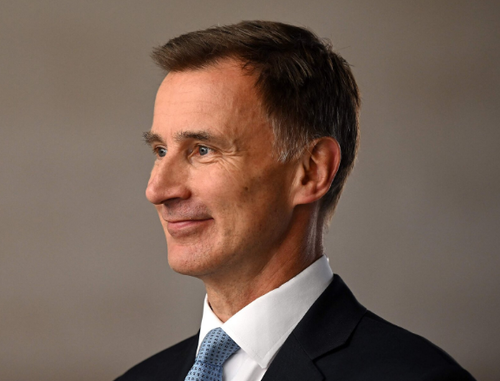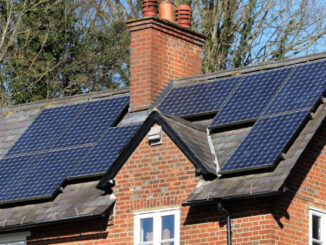
Live by the incentive to go “green”, die by the incentive to go “green”.
In what can only be described as the ultimate irony, UK chancellor Jeremy Hunt is expected to put an electric vehicle excise tax in place by 2025-2026. So much for the “tax breaks for buying EVs” angle to saving the environment…
This month’s Autumn Statement will include the measures, according to FT, who said people familiar with the road tax is part of a larger plan to address a fall in motoring tax revenues caused by the shift to EVs, which leave out fuel-related taxes.
Fuel duty raises about ?35bn, but the Treasury has warned that a growing number of EVs on the road could cause this number to plunge by ?2.1bn by 2026-27. Ergo, a new excise duty on EVs could take place by 2025-2026.
More than 1 million EVs on the roads of the UK could wind up being affected. As is the case globally, sales of EVs continue to accelerate, with about 15% of new vehicles sold so far this year moving away from traditional ICE power.
By the time the tax could be put into place, there is expected to be several million more EVs on the road. FT wrote:
Owners of most petrol and diesel cars pay ?165 a year in road tax and continuing the VED exemption for the growing fleet of electric vehicles could cost the exchequer around ?1bn a year by the middle of the decade.
Although the sums involved are not huge at this stage, the introduction of road tax on EVs is seen by Treasury insiders as evidence of a “direction of travel”, with more taxes likely to be levied on them in years to come.
The Treasury has also warned that reaching the country’s 2050 net zero carbon targets would lead to lower tax receipts from the “fuel duty, vehicle excise duty, landfill tax, the carbon price floor and the emissions trading scheme”.
More details will be made available when the Autumn Statement is published on November 17.



